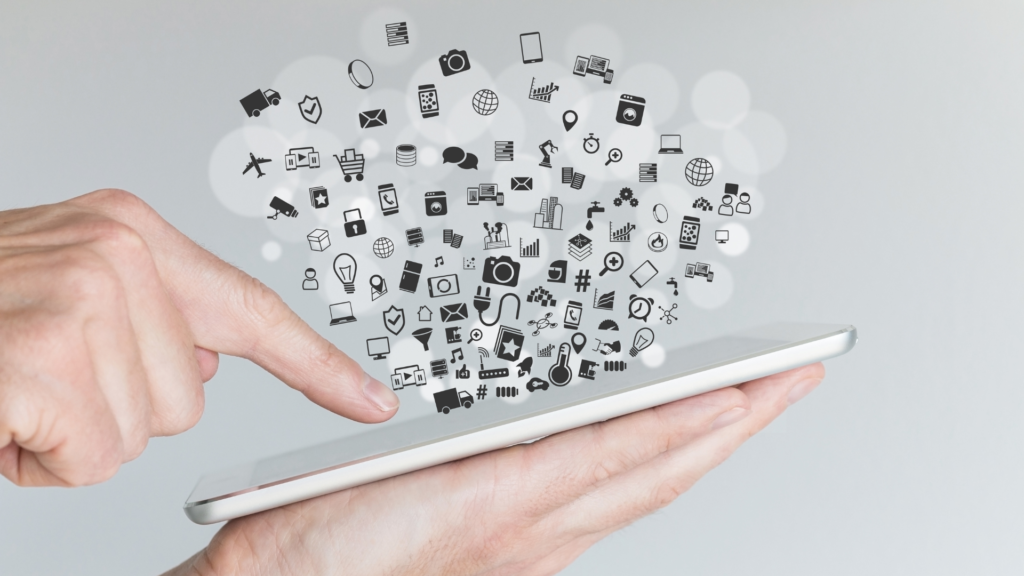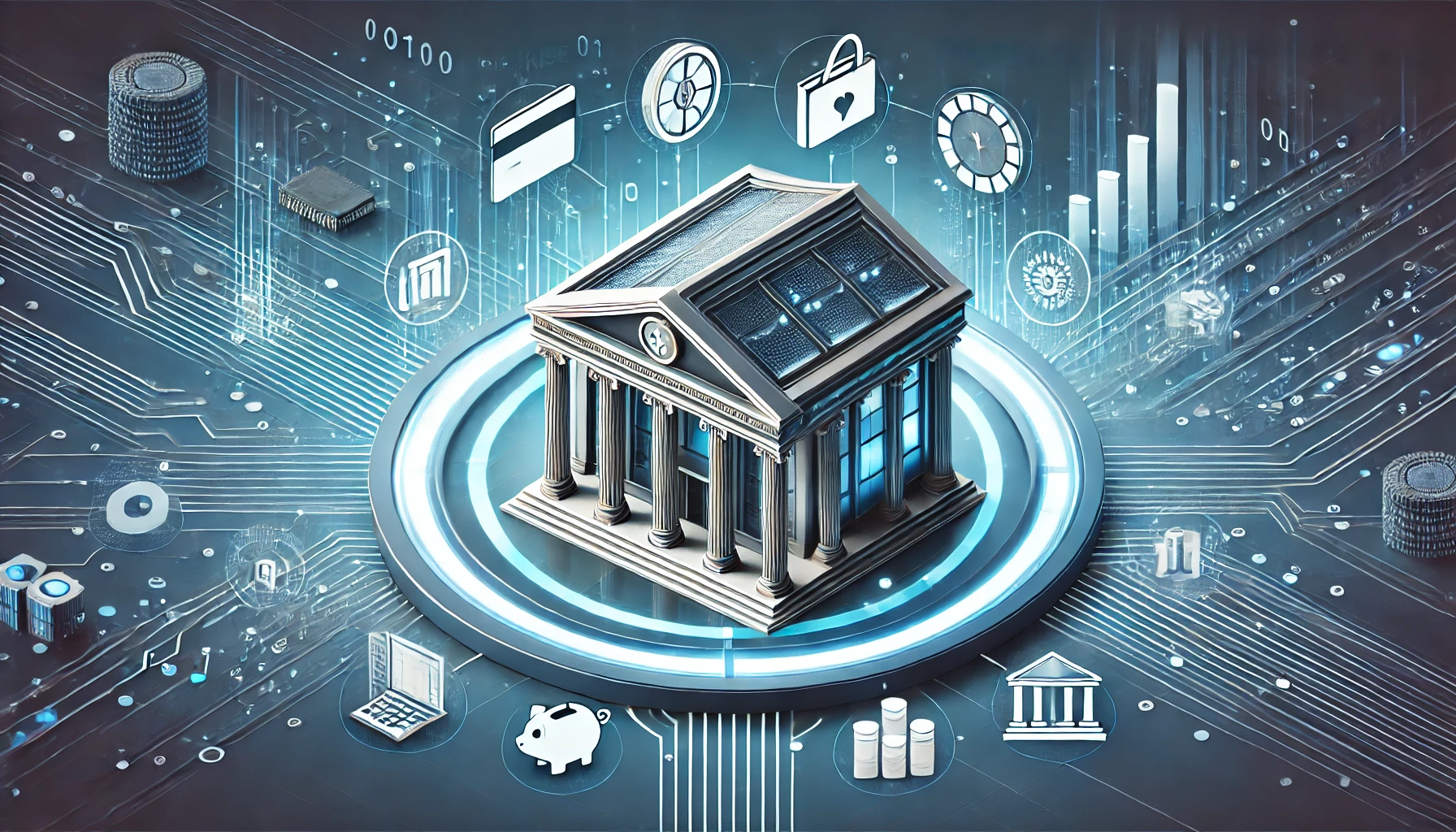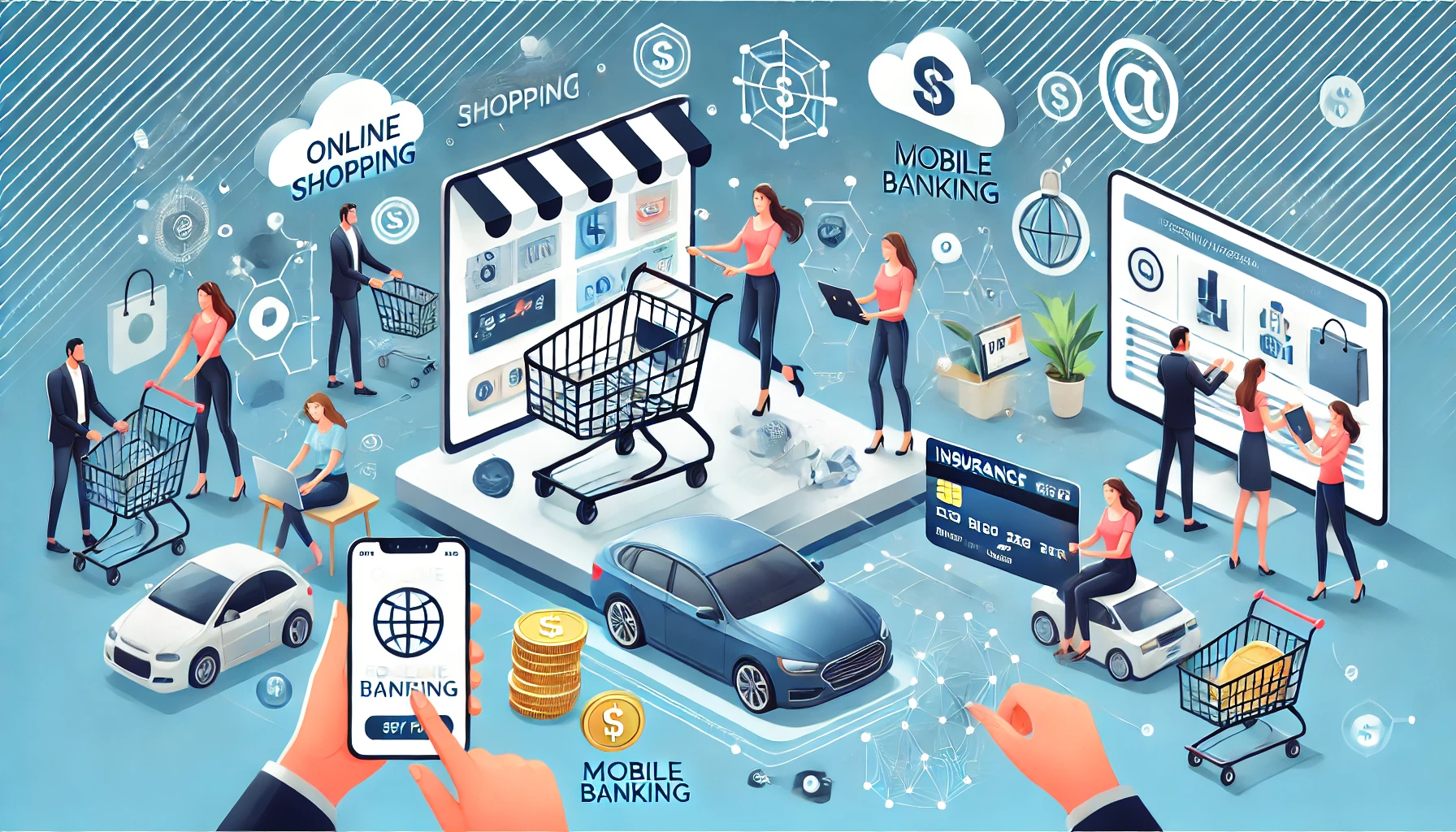An Introduction to The Internet of Things
The Internet of Things (IoT) is a network of interconnected computing devices that are embedded in everyday objects, enabling them to send and receive data. IoT devices are equipped with sensors, software, and network connectivity that allow them to collect and exchange data with other devices and systems over the internet. Technology allows for the collection and sharing of data from a vast network of devices, creating opportunities for more efficient and automated systems.


IoT-based technology will offer advanced levels of services and practically change the way people lead their daily lives. Advancements in medicine, power, gene therapies, agriculture, smart cities, and smart homes are just a few examples where IoT is strongly established.
The main components used in IoT include low-power embedded systems, sensors, control units, cloud computing, availability of big data, and networking connection. Low-power embedded systems are designed to consume less battery power while providing high performance. Sensors are physical devices that measure and detect certain physical quantities and convert them into signals that can be provided as input to processing or control units for analysis purposes. Control units are small computers on a single integrated circuit containing microprocessors or processing cores, memory, and programmable input/output devices/peripherals. Cloud computing is used to store the massive amount of data collected through IoT devices. Networking connection is essential for communication between IoT devices.
Why Internet of Things is important
IoT has already made significant strides in various fields such as healthcare, transportation, manufacturing, agriculture, and energy management. In healthcare, IoT has enabled remote monitoring of patients’ health conditions and has facilitated the development of personalized treatment plans. In transportation, IoT has enabled real-time tracking of vehicles and optimized route planning. In manufacturing, IoT has enabled predictive maintenance of equipment and improved supply chain management. In agriculture, IoT has enabled precision farming techniques that optimize crop yields while minimizing resource usage. In energy management, IoT has enabled smart grid technologies that optimize energy usage while minimizing waste.


The Internet of Things (IoT) is a rapidly growing technology that has already made significant strides in various fields such as healthcare, transportation, manufacturing, agriculture, and energy management. The technology allows for the collection and sharing of data from a vast network of devices, creating opportunities for more efficient and automated systems. With advancements in medicine, power, gene therapies, agriculture, smart cities, and smart homes among others already established through IoT-based technology, it’s clear that this technology will continue to play an increasingly important role in our daily lives.
IoT Application on Fintech sectors
Startups have also embraced IoT technologies to revolutionize various industries. These companies are focused on developing products and services that will transform the way we live, work, and play. Investors have recognized the potential of IoT startups and have poured billions of dollars into this space.
The Internet of Things (IoT) has made significant contributions to the startup and fintech sectors. Here are some examples of how IoT is being applied in these areas:
Security and Payment Processing: IoT has given the fintech industry an interesting boost, especially when it comes to security and payment processing. The Internet of Things can be found acting as mobile point-of-sale systems, as well as cybersecurity tools that safely process and encrypt payment information.
Debt Collection and Fraud Protection: IoT simplifies debt collection by monitoring supply chain activity via sensors and networks. It also improves fraud protection by employing on-site security systems that sense every network connection and potential connection.
Capacity Management: IoT optimizes what’s called “capacity management” to enhance customer service. By leveraging IoT, businesses can better manage their resources, streamline operations, and improve overall efficiency.
Indoor Navigation and Security: IoT can even help with indoor navigation and security at bank branches or other institutions [1]. By utilizing IoT devices, banks can enhance security measures and provide customers with a seamless experience.
When it comes to startups and fintech companies, the application of IoT offers numerous opportunities for innovation. In the fintech industry, IoT has given rise to new possibilities in security and payment processing. For example, IoT can be found acting as mobile point-of-sale systems and cybersecurity tools that safely process and encrypt payment information. Debt collection and fraud protection have also been simplified through the use of IoT technologies. By monitoring supply chain activity via sensors and networks, debt collection processes can be streamlined. On-site security systems that sense every network connection and potential connection improve fraud protection [2].
Conclusion
It’s worth noting that the application of IoT in startups and fintech is not limited to the examples provided above. The possibilities are vast, and we can expect to see even more innovative use cases emerge as technology continues to advance.
About SmartDev
SmartDev was founded in 2014 by a team of Swiss entrepreneurs. SmartDev’s initial goal was to focus on fintech services, developing custom solutions for companies in the industry. In 2016, SmartDev landed a contract with a major credit card issuer in Switzerland that kicked the company into high gear. The following year, in 2017, SmartDev began a contract with a start-up company owned by AirAsia.
In 2020, the company changed hands to where it is now — a component of Verysell Group, which is also a Swiss company. This has led to significant growth of the company’s offshore development business and the release of new apps in fintech and many other sectors. As of 2022, SmartDev is ISO/IEC 27001 certified, marking a major security milestone.


In 2022 and looking to the future, SmartDev is big enough to matter but small enough to care.
How our company outsourcing service can support with your business IoT needs
IT outsourcing services can play a crucial role in supporting your businesses with the IoT initiatives. By leveraging our expertise in IT outsourcing services, companies can assist businesses in integrating IoT devices into their operations. This could involve developing custom software solutions for IoT devices, providing maintenance and support for existing IoT systems, or offering consulting services to help businesses navigate the complexities of implementing IoT technologies.
Reference
[1] IoT In Fintech: 11 Examples You Should Know. Retrieved September 19, 2023 from https://builtin.com/internet-things/iot-in-fintech
[2] How to invest in the Internet of Things IoT. Retrieved September 19, 2023 from https://republic.com/blog/investor-education/how-to-invest-in-the-internet-of-things-iot



